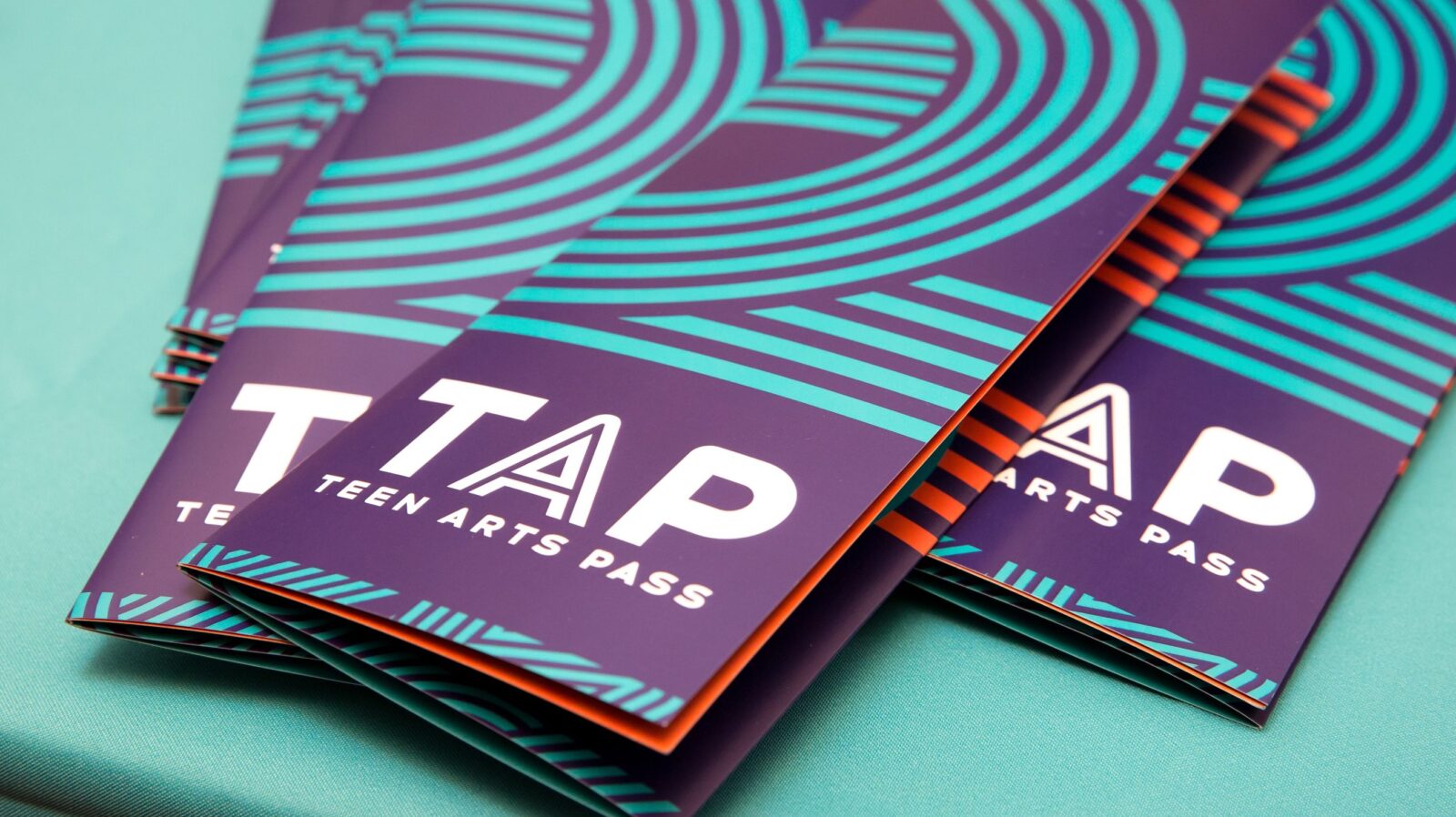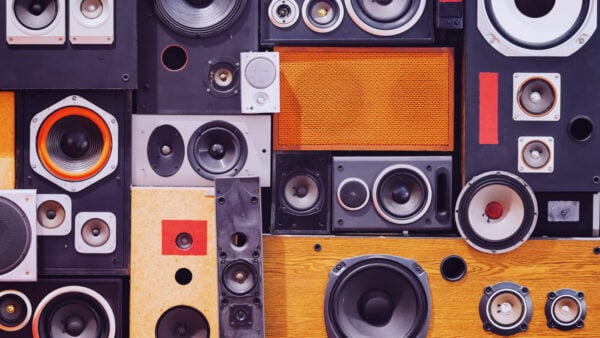
Maybe you’re cramming for an exam, or staring at a blank screen trying to do some writing, and you want to do everything but work. To help you eliminate distractions and regain your focus, your favorite classical recordings might be just what you need. But, can classical music actually make you smarter?
One of the first researchers to make claims that classical music might improve cognition was otolaryngologist Dr. Alfred A. Tomatis. In his 1991 book Why Mozart?, he writes that playing Gregorian chant, the music of Mozart, and recordings of a patient’s mother’s voice could help in treatment of learning disabilities, attention deficit disorders, depression, and more. The Tomatis method is described as “a natural approach to neurosensory stimulation. Its listening programs change the music and voice in real time in order to capture the brain’s attention and to develop motor, emotional and cognitive skills.” It is still used today.
Following Tomatis’s study, researchers at the University of California, lrvine studied the effects of music on the brain, and published “Music and spatial task performance” in Nature magazine in 1993, as well as a 1995 article in Neuroscience Letters: “Listening to Mozart enhances spatial-temporal reasoning: towards a neurophysiological basis.” Don Campbell’s 1997 book The Mozart Effect popularized the idea that listening to classical music, and Mozart in particular, might help improve spatial-temporal reasoning, and help with early childhood cognitive development.
These publications have been met with no little controversy. Since, countless studies have been conducted to prove and disprove their claims. In 2010, researchers at the University of Vienna published “Mozart effect–Shmozart effect: A meta-analysis,” which said, “On the whole, there is little evidence left for a specific, performance-enhancing Mozart effect.”
While any effect of Mozart on the brain has yet to be definitely proven, there is evidence that music can help improve brain function. In 2004, Scientists from Japan’s University of Tsukuba published findings in Brain Research stating: “Music might regulate and/or affect various brain functions through dopaminergic neurotransmission, and might therefore be effective for rectification of symptoms in various diseases that involve dopamine dysfunction.”
More recently, in 2014, a group of researchers applied network science to investigate the effects of music on the brain, and yielded interesting findings. Rather than trying to prove that one composer, or even one period or style of music might show significant impact on cognition, they concluded that “regardless of the acoustical characteristic, functional brain connectivity states depend on whether the music is liked, disliked, or a favorite song.”
To settle the score: some of the best music for your brain is what you like. Since we all have different preferences, experiences, and memories, the same piece of classical music might make two people feel drastically different. Here are a few of our favorite classical works that help us focus at WFMT.






